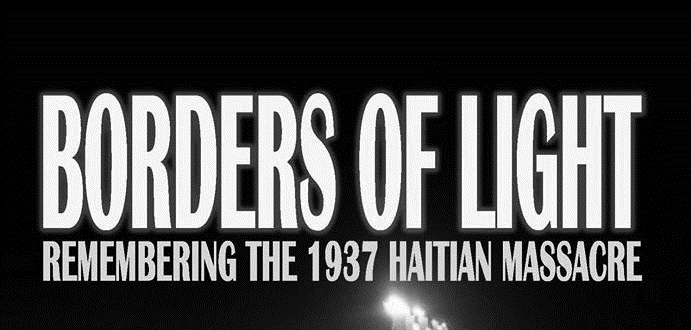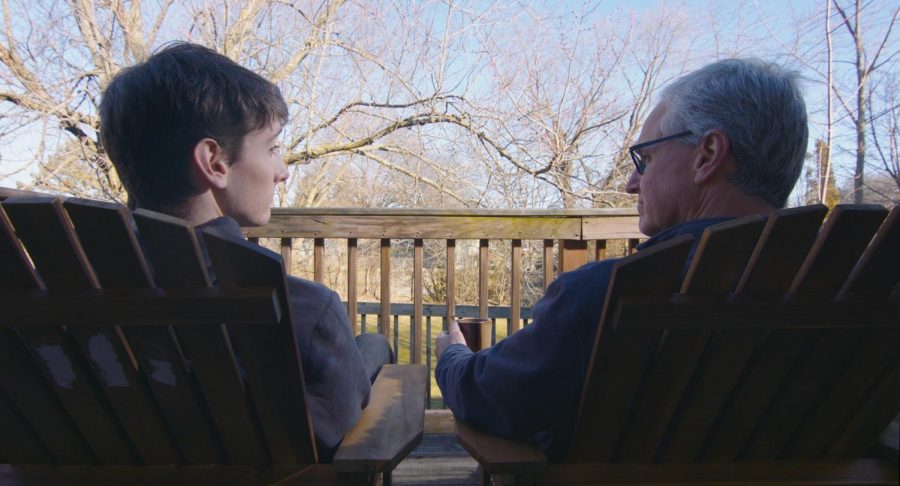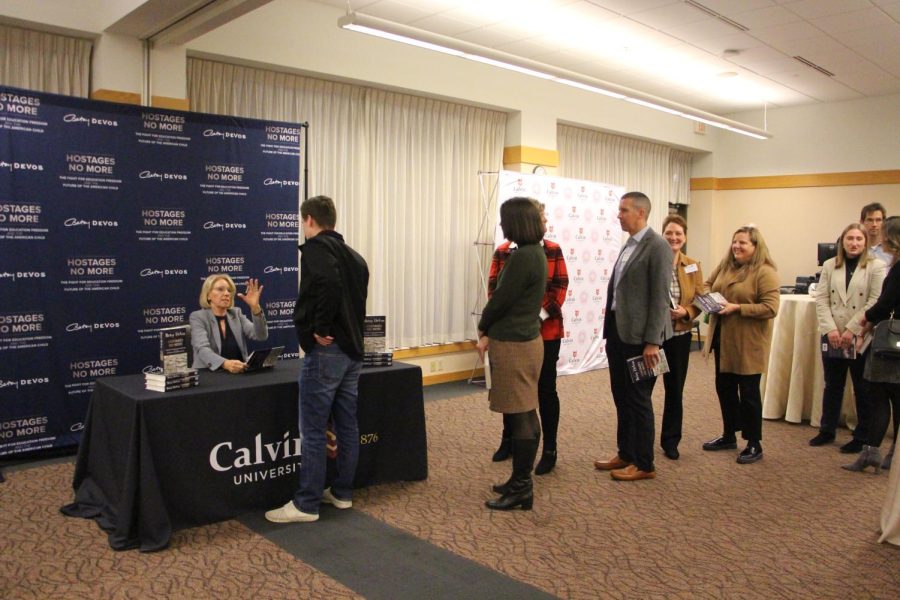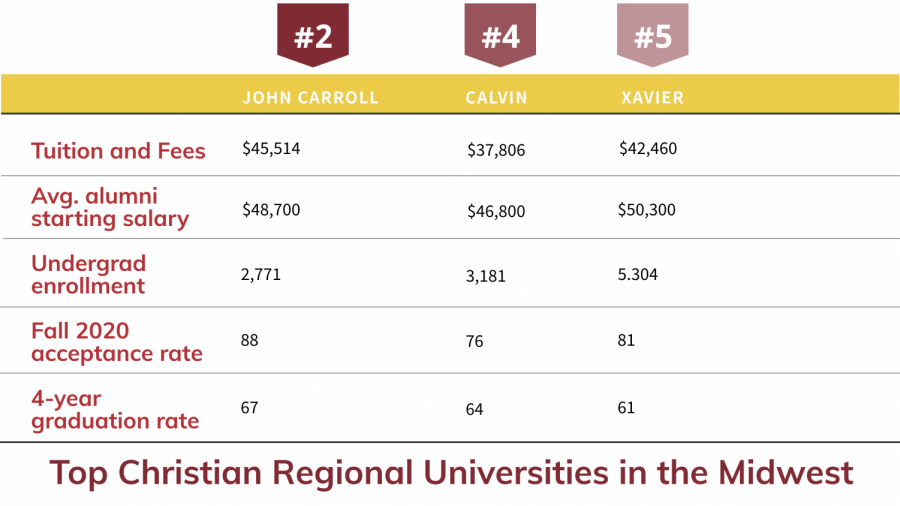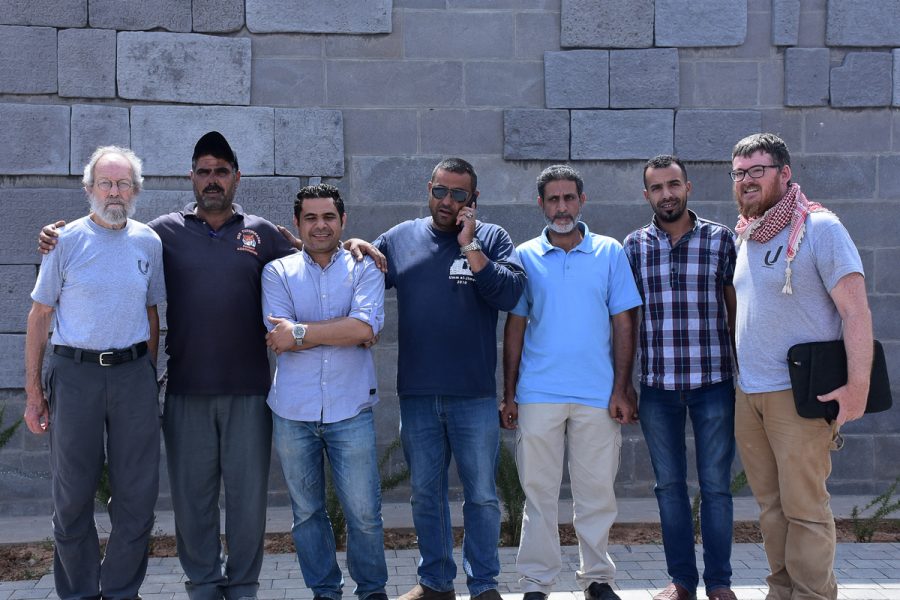Next Wednesday, Calvin will host a lecture remembering the 1937 Haitian Parsley massacre, in which Dominican dictator Rafael Leonidas Trujillo Molina ordered the murder of thousands of Haitians. This lecture is part of the history department colloquium series but is also one of two lectures sponsored by African and African diaspora studies (AADS).
Leading the event will be Edward Paulino, a historian at the John Jay College of Criminal Justice, who has done extensive graduate work on the massacre.
“A Christian liberal arts institution such as we are should be conversant about atrocities that occur globally, both historically and at present,” said Eric Washington, assistant history professor and the director of AADS at Calvin.
The massacre, though, is not widely known and is seldom remembered. That, in part, is due to the near-simultaneity of the Haitian massacre and the Holocaust. “The Haitian Massacre is on a smaller scale [than the Holocaust]. Only 30,000 people killed compared to millions of Jews in Europe, but both genocides were motivated by racial animus,” said Washington.
But the Holocaust was not the only thing distracting the world’s attention from the Haitian massacre. “Even in the 1930s when the atrocities occurred both Haiti and the Dominican Republic were among the poorest countries in the Western Hemisphere,” said Washington. “Poor people tend to draw little attention then, and even now.”
Now, Washington hopes that Paulino’s lecture will help students, faculty and staff at Calvin not only become more aware of an insufficiently publicized event in history, but also encourage them to act in response.
“Christians seek to uphold God’s justice globally, and they seek to call out and remedy injustice where they see it,” said Washington. “So drawing attention to a genocide that occurred in the Haitian border of the [Dominican Republic] in 1937 is one way to expose another case of injustice, and it should serve to make Christians more sensitive to similar acts that occur at present.”
In Haiti and the Dominican Republic, the massacre will be remembered on October 3. At the border of the two countries, mourners will hold a candlelight vigil that will also be globally accessible online at the “Border of Lights” Facebook page.
The lecture will be hosted Wednesday, September 23, at 3:30 p.m. in the Commons Annex Alumni Board Room.
This will be the first lecture of the year hosted by AADS; in the future, they are planning to host additional events.
“AADS will be sponsoring Dr. Sika Dagbovie-Mullins, an English professor at Florida Atlantic University, who will lecture based on her book ‘Crossing (B)lack,’ in which she deals with mixed-race identity in American literature,” said Washington.



